Tooth Extractions
Perhaps you have a tooth that has been severely damaged by trauma or decay; or an impacted wisdom tooth that may cause trouble for you later on. Maybe your teenager will soon undergo orthodontic treatment and has insignificant space for his adult teeth, referred to as crowding. Or your younger child has a baby tooth that’s stubbornly adhering, even though it’s past time for it to go.
Whatever the reason, tooth extraction is more often than not a very routine procedure. How straightforward this minor surgery is will depend on where the tooth to be extracted is located in the mouth, and what its roots are like. For example, a front tooth with a single straight root is easier to remove than a molar with multiple roots. This is especially true when that molar is a wisdom tooth that is impacted, meaning it is below the surface surrounded by gum tissue and bone. Often, a wisdom tooth is blocked from fully erupting (growing in) by other teeth in its path.
Still, tooth extraction is nothing to be feared when done by an experienced hand. Keep in mind that a tooth is not rigidly fixed in its surrounding bone, though that’s how some may picture it. In fact, it is attached to the bone via a network of fibers that form what’s known as the periodontal ligament. By carefully manipulating the tooth, these fibers can be detached and the tooth freed without much trouble.
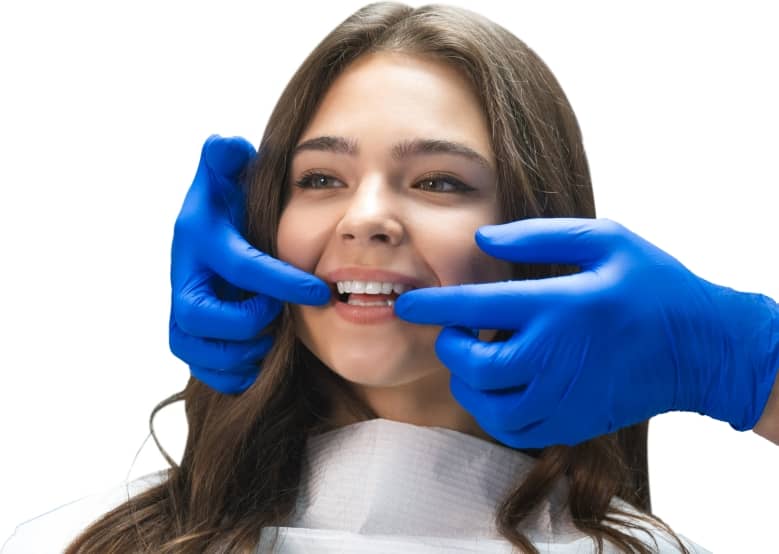
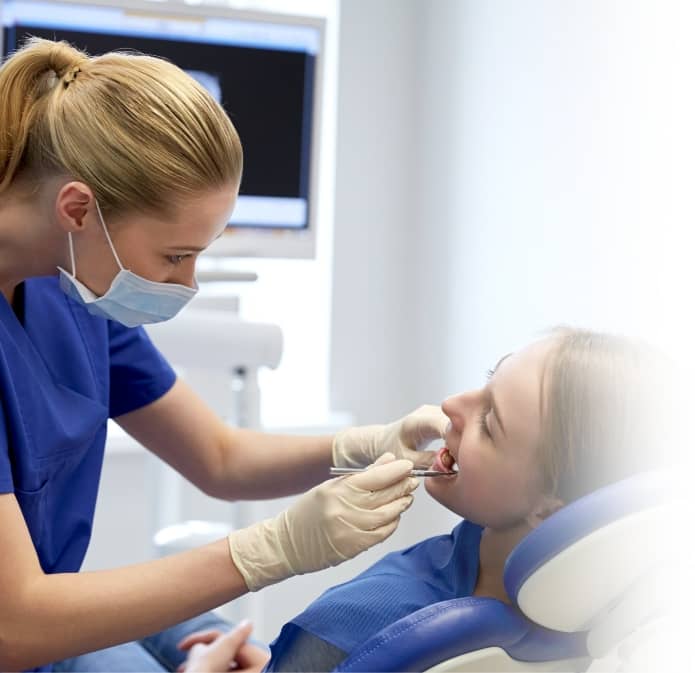
The Process of Extracting a Tooth
Perhaps you have a tooth that has been severely damaged by trauma or decay; or an impacted wisdom tooth that may cause trouble for you later on. Maybe your teenager will soon undergo orthodontic treatment and has insignificant space for his adult teeth, referred to as crowding. Or your younger child has a baby tooth that’s stubbornly adhering, even though it’s past time for it to go.
Whatever the reason, tooth extraction is more often than not a very routine procedure. How straightforward this minor surgery is will depend on where the tooth to be extracted is located in the mouth, and what its roots are like. For example, a front tooth with a single straight root is easier to remove than a molar with multiple roots. This is especially true when that molar is a wisdom tooth that is impacted, meaning it is below the surface surrounded by gum tissue and bone. Often, a wisdom tooth is blocked from fully erupting (growing in) by other teeth in its path.
Still, tooth extraction is nothing to be feared when done by an experienced hand. Keep in mind that a tooth is not rigidly fixed in its surrounding bone, though that’s how some may picture it. In fact, it is attached to the bone via a network of fibers that form what’s known as the periodontal ligament. By carefully manipulating the tooth, these fibers can be detached and the tooth freed without much trouble.
How to Know That You Need a Tooth Pulled
There are several potential indications that you may need a tooth extraction. Some of the most common reasons include:
Severe tooth decay: When a tooth is severely decayed and can’t be saved with a filling or crown, it may need to be extracted to prevent further damage to the surrounding teeth and gums.
Gum disease: Advanced gum disease can cause teeth to become loose and unstable, and extraction may be necessary to prevent the spread of infection to other teeth and gums.
Crowding: If you have too many teeth in your mouth, or your teeth are too large, it may be necessary to extract one or more teeth to create space and improve alignment.
Impacted wisdom teeth: Wisdom teeth that don’t fully emerge or grow in at an angle can cause pain, infection, and damage to nearby teeth, and may need to be extracted.
Infection: If a tooth becomes infected and the infection spreads to the surrounding gums and bone, extraction may be necessary to prevent further damage and protect your overall health.
Trauma: If a tooth is damaged or broken beyond repair due to injury or trauma, it may need to be extracted to prevent further damage and reduce the risk of infection.
Orthodontic treatment: Sometimes, teeth need to be extracted as part of orthodontic treatment to make room for braces or other corrective appliances.
If you are experiencing any of these symptoms, it’s important to see a dentist for an evaluation to determine if tooth extraction is the best course of treatment for your needs.
Tooth Extraction
Tooth extraction is a dental procedure in which a tooth is removed from its socket in the jawbone. The procedure is typically performed by a dentist or oral surgeon and can be done under local anesthesia, conscious sedation, or general anesthesia, depending on the complexity of the extraction and the patient’s preferences.
Steps of the Tooth Extraction Procedure
- the dentist will first numb the area around the tooth with a local anesthetic
- Once the area is numb, the dentist will use a special instrument to loosen the tooth in its socket
- Then gently rock it back and forth to widen the socket and ease the tooth out
- If the tooth is impacted or difficult to remove, the dentist may need to make an incision in the gum tissue to access the tooth and then remove it in pieces
- After the tooth is removed, the dentist will apply pressure to the socket to help stop any bleeding and may place a gauze pad over the socket to promote clotting. In some cases, the dentist may also stitch the gum tissue to help it heal more quickly.
Following the procedure, patients are typically advised to avoid eating or drinking for a few hours and to rest for the remainder of the day. Pain and swelling can be managed with over-the-counter pain medication and ice packs, and the dentist will provide detailed instructions on how to care for the extraction site to promote healing and prevent infection. With proper care, most patients recover from a tooth extraction within a few days to a week.
What to Expect After Tooth Extraction
Immediately after your tooth is extracted, the socket will be covered with sterile gauze; gentle pressure will be applied for 10-20 minutes to control any bleeding. Small sutures (stitches) might also be used for this purpose. It’s normal to experience some mild to moderate post-operative discomfort and/or swelling. Taking non-steroidal, anti-inflammatory drugs such as ibuprofen and/or aspirin the day of surgery should control most symptoms. Antibiotics may also be prescribed to ensure infection-free healing. Using ice packs on the outside of your jaw, and eating softer foods until you feel more comfortable can also be helpful. Within a few days, all should be back to normal.

How To Recover From a Tooth Extraction
Recovering from a tooth extraction can take a few days to a week, depending on the complexity of the procedure and the patient’s overall health. Here are some tips on how to recover from a tooth extraction:
- Follow your dentist’s instructions: Your dentist will provide you with detailed instructions on how to care for the extraction site and what to expect during the recovery period. Be sure to follow these instructions carefully to promote healing and prevent complications.
- Rest and take it easy: Avoid strenuous activity for the first 24-48 hours after the procedure. Resting will help you recover more quickly and reduce the risk of complications.
- Apply ice packs: Use ice packs or a cold compress on your cheek near the extraction site for 10-20 minutes at a time to reduce swelling and discomfort.
- Avoid smoking and using a straw: Smoking and using a straw can dislodge the blood clot that forms in the extraction site, which can lead to a painful condition known as dry socket. It’s best to avoid smoking and using a straw for at least 24-48 hours after the procedure.
- Eat soft foods: Stick to soft, easy-to-chew foods for the first few days after the procedure, such as soup, yogurt, mashed potatoes, and smoothies. Avoid hard or crunchy foods that could irritate the extraction site.
- Keep the extraction site clean: After 24 hours, you can gently rinse your mouth with saltwater to help keep the extraction site clean and prevent infection. Be sure to brush and floss your teeth carefully, avoiding the extraction site.
- Take pain medication as directed: Your dentist may prescribe pain medication or recommend over-the-counter pain relievers to help manage any discomfort. Be sure to take these medications as directed and do not exceed the recommended dosage.
By following these tips, you can help promote healing and recovery after a tooth extraction. If you experience severe pain, bleeding, or other symptoms, be sure to contact your dentist for advice.
Frequently Asked Questions
Does getting a tooth pulled hurt?
Everyone’s threshold for pain differs. Patients may feel some pain before, during, and after the treatment. For a more comfortable extraction, dentists will often administer local anesthetic to numb the area. If you’re worried about the procedure, consult your dental expert first.
What is the average duration for tooth extraction?
Each operation is different. The complexity of the situation determines the duration of the tooth extraction procedure. In certain circumstances, like those involving impacted wisdom teeth, the extraction process could take more than an hour. In others, a few minutes is all it takes. Consult your dental expert and discuss the expected timeframe for the operation.
After getting a tooth pulled, is it safe to eat normally?
You should try not eating anything solid for a while after the extraction. The general consensus is that you should slowly ease back into your normal routine by eating soft foods first. The week after an operation like this, the majority of patients can eat normally again. In order to recuperate properly though, it is essential to stick to your dentist's guidelines.
What is the going rate for having a tooth pulled?
The price varies due to many factors. Factors including location, anesthetic used, and the complexity of the extraction can cause the cost to differ greatly. For a precise estimate tailored to your unique circumstances, it is recommended to seek the advice of a dental expert.
What Our Patients Say...
Dr. Zrik is the very best dentist that I have ever had. I would give this practice 10 stars if that were possible. He genuinely cares about the patient 110 %.
Everyone on the staff is always so kind and professional, it’s fabulous.
His work is exceptional
Steve F.
Dr. Zrik is one of the best dentists! I used to have such a large fear of dentists and ever since I started coming to artistic, I feel at ease. They do their best to work with your fears and get a plan together to get your dental health back to where it should be!!!!!
Heather S.
I love this practice! Prior to visiting Artistic, it had been a very long time since I had been to the dentist. Everyone here is extremely kind and welcoming. I felt safe and the providers proved to be amazing. My exam was very quick and efficient. I had a wisdom teeth extraction that went very well and also extremely efficient. Could not be happier
Malhia G.
My family and I have been coming here for years. The staff really care about your oral health and are always punctual and professional. Rosa is the best hygienist, she is very gentle and has a warm personality that makes getting my teeth cleaned a wonderful experience to look forward to. Dr. Revoir and Dr. Z always take their time to answer any questions I might have. I highly recommend this dental office.
David L.
Just a superb Dental experience. The staff and Doctors treat you like you’re their only Client. They have a membership that reduces cost of services by a substantial amount. They’re open weekends. Very caring people. I’ve been a client for nearly ten years and have never been happier. If you’re scared of Dentists, these people will take your fear away. They truly care about your comfort and well-being.
WhisperJet A.
I moved here not that long ago and found this office on google. I have to say I am very impressed. My appt was timely I did not have to wait for forever in the waiting room. The staff was very friendly and accommodating in a genuine way. The exam was through and they explained everything to me so it was easy to understand. Let’s be honest most people don’t like going to the dentist, but my experience here was as painless as this type of thing can be. Will definitely be using this as my new dentist!
TheCreativeJr
Personalized and high quality orthodontic care that you deserve

Latest Blogs
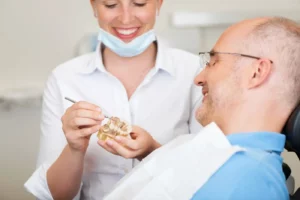
Restore a Tooth’s Function with Crowns or Bridges
When you have lost a tooth or when it is severely damaged, it is important to restore its function as soon as possible. One way
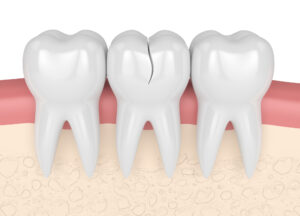
Cracked Tooth and Broken Teeth Treatment in Denver CO
If you are experiencing pain from a cracked tooth, don’t delay in seeking a broken teeth treatment in Denver, CO. See a dentist as soon
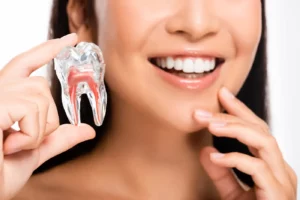
What Are Dental Veneers?
Dental veneers are a type of dental restoration that covers the tooth’s front surface to improve its appearance. Veneers can be made from diverse materials,
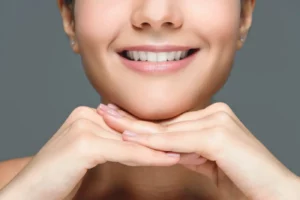
Beautiful Smile: How Professional Teeth Whitening Treatments Work
Did you know that tooth whitening is one of the most popular cosmetic dental procedures performed today? In fact, according to the American Academy of
Schedule your appointment now
Contact Us
Please contact us with any questions that you may have and a staff member will get back to you shortly.
- Monday:
- 8:00am-4:00pm
- Tuesday:
- 8:00am-4:00pm
- Wednesday:
- 8:00am-4:00pm
- Thursday:
- 8:00am-4:00pm
- Friday:
- 8:00am-4:00pm
- Saturday:
- By Appointment
- Sunday:
- CLOSED
Areas and Zip Codes We Serve
- Hampden
- Hampden Heights
- Hampden South
- Southmoor Park
- Goldsmith
- Virgina Village
- Kennedy
80210 80014 80111 80113 80121 80224
- Get on I-25 S from Champa St and W Colfax Ave(1.9 mi)
- Follow I-25 S to CO-30 E/E Hampden Ave. Take exit 201 from I-25 S (8.4 mi)
- Continue on CO-30 E/E Hampden Ave to your destination (0.9 mi) Artistic & Family Dental 3540 S Poplar St #301, Denver, CO 80237
- Get on I-25 N(2.6 mi)
- Follow I-25 N to CO-30 E/E Hampden Ave in Denver. Take exit 201 from I-25 N (8.6 mi)
- Continue on CO-30 E/E Hampden Ave to your destination (0.7 mi) Artistic & Family Dental 3540 S Poplar St #301, Denver, CO 80237











